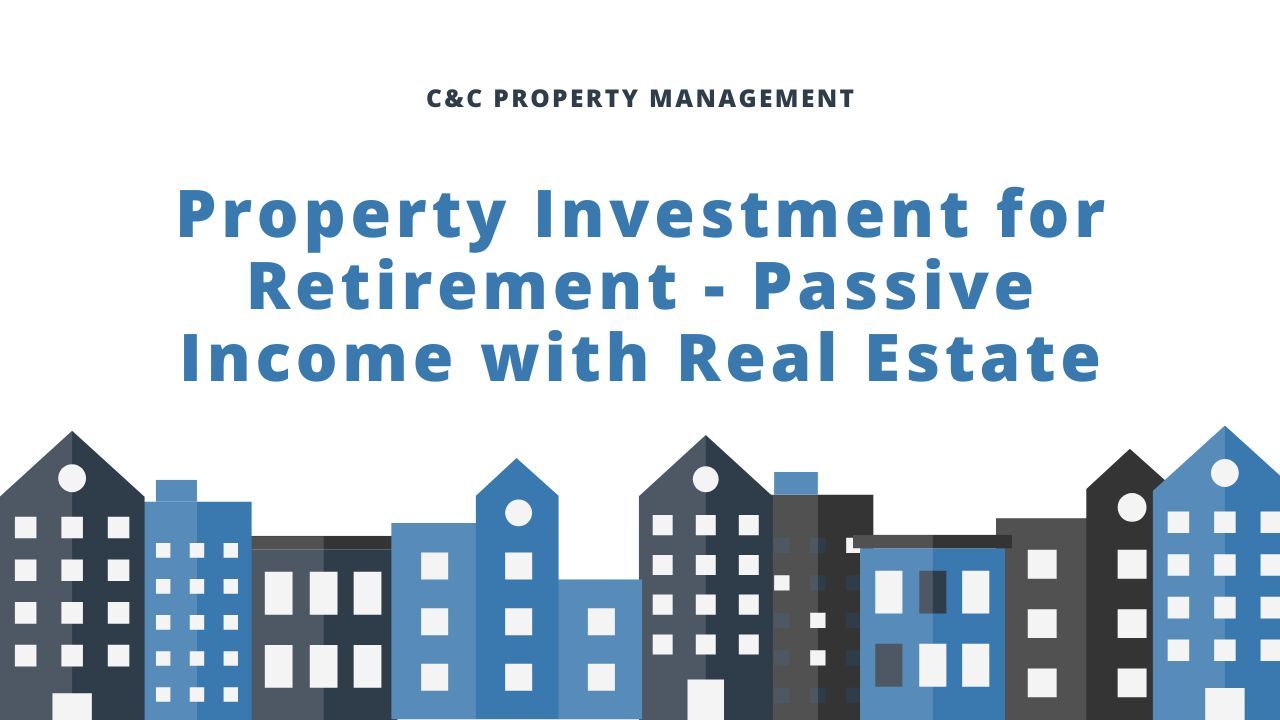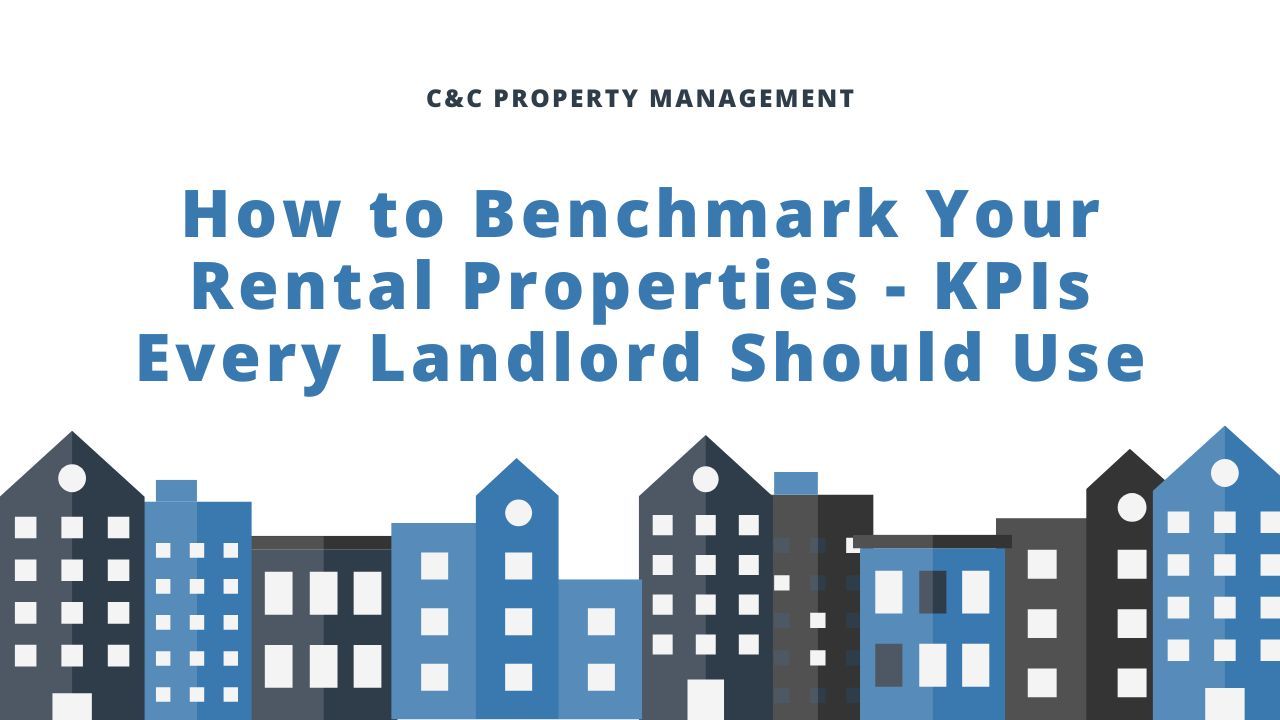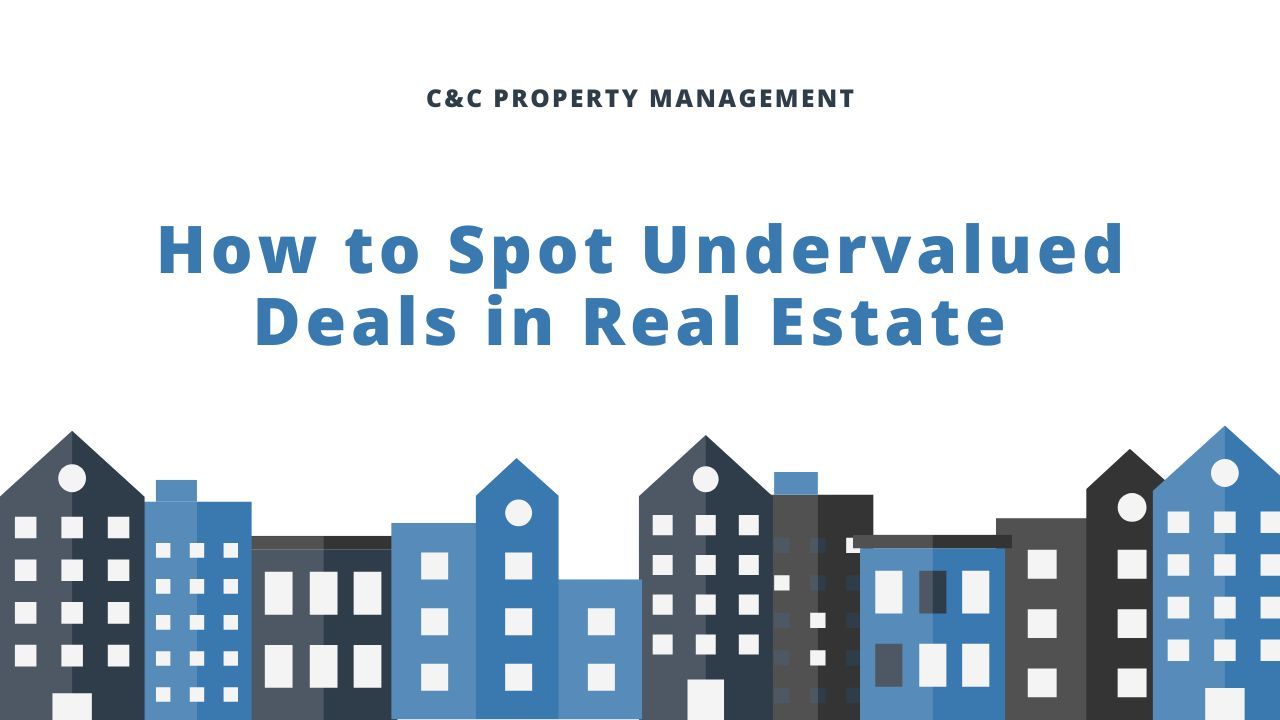RUBS Training
What is RUBS??
Ratio Utility Billing System is a method for allocating master build utility expenses to residences of a multi-family community by taking into consideration the number of occupants and square footage. This is a fair and equal way to bill individual residences for their share of the total utilities consumed each month.
Multi-family communities typically have one master meter that measures all the water, gas, or electric used in the community. This makes it difficult to determine how much each household has used and therefore how much they should be billed for their share of the utilities. This is where RUBS comes in.
RUBS takes into account the number of occupants in each residence and the square footage of each unit to calculate an individual's share of the total utility bill. This ensures that everyone is paying their fair share, based on their own consumption.
RUBS is a simple and effective way to manage utility expenses in a multi-family community. It is important to note that RUBS is not a perfect system, but it is the best solution we have for fairly allocating utilities in a shared living space.
If you have any questions about RUBS or how it works, please don't hesitate to contact your property manager. They will be happy to explain the system in more detail and help you understand your bill.
If you want to learn more about RUBS reach out to us! Or watch our FREE training on our YouTube, below:








